Home » Kratom and Research

Kratom and Research
- Anthony Dent, Founding Member
- One Comment
-How research will affect the future of kratom
Knowledge is indeed power. But not all forms of power are equivalent.
Some would say that power is ultimately the ability to exert control. But I would argue that as it pertains to knowledge, power represents opportunity and potential. Understanding and computing something allows for maximizing utility.
Understanding Kratom
And yet control is still very much an issue. As the American Kratom Association (AKA) continues to sweep across the country to ensure that the Kratom Consumer Protection Act(KCPA) is passed state by state, the FDA still looms as a threat to the future of kratom. The issue for the FDA, however, is that as more is learned about kratom, the FDA sees their argument for controlling – or in their case, banning – kratom diminish. This is due to the nascent scientific progress on the study of kratom, and the potential that is being revealed with every new study released. Of the most dire concern is kratom’s potential to combat the opioid epidemic; in this regard, the necessity to better understand kratom is pressing.
What seems to surprise the FDA is that the kratom community is more keen on seeing kratom studied and understood than they themselves are. This is difficult for the FDA to understand because their perception on kratom is deeply misguided, though they are having more difficulty defending that position by the day; they seem to think that the kratom community is hiding some dark, dirty secret about kratom. They want to see it labelled as a drug, and shout from the hilltop about it the danger within. The only danger that has been identified with kratom thus far from the FDA is that of their bottom line, with kratoms potential to replace some opiate use. It is a bizarre position, one in which the kratom community must exonerate themselves, even though no wrongs have been committed. Most telling, however, is that the DEA, ever so eager to impose draconic drug laws and regulate what people do with their bodies in “The Land of the Free”, declined to ban kratom in 2016, when the FDA was dripping poison in the DEA’s ear in their attempt to ban kratom – thus attempting to preserve their lucrative, dangerous analgesic monopoly.
Even with what scant research existed at the time, the FDA’s argument – that kratom was a public health hazard – fell flat. The kratom community is eager to see additional research conducted not only that more people can be helped by a plant that millions of Americans use daily and claim has drastically improved their quality of life, but to be unencumbered by the FDA’s unnecessary pressure. The means of the kratom community to achieve this are twofold; one, the aforementioned efforts of the AKA; and two, the scientific communities achievements in providing a comprehensive study of the arboreal to back up the endless anecdotal evidence of kratoms medicinal potential.
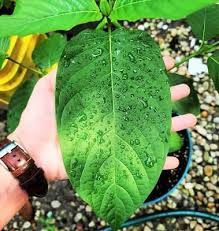
Researching Kratom
Independently, kratom is being examined by a number of institutions, like Yale Medical in a study referenced above. They found, for example, that kratom has significant medicinal potential, especially as it pertains to aiding in mental health. Other studies are finding the potential of kratom to replace opiates in many functions, and more importantly, attack the burden of the opiate epidemic, which claims tens of thousands of American lives annually.
As part of a larger movement to understand natural alternatives like CBD and kratom, a significant bill was passed by the U.S legislature in December 2019. (Oh, how innocent we were back then.) In some regards, kratom research can owe its proliferation to the success of medicinal cannabis; a once strangely reviled substance, cannabis has proven to be rather innocuous, and despite the governments warnings to the contrary, states in which cannabis has become freely available have not seen mass murders, burning capital buildings, and anarchy. Thus, as the general sentiment towards alternative and natural medicines softens, kratom has become a point of interest.
The bill cordoned a substantial portion of money dedicated specifically to study kratom. This is excellent news for a variety of reasons. Primarily, it is that the FDA can hand-wave away other studies – regardless of their high level of credibility – as part of their anti-kratom stance (remember, they oppose kratom because it threatens to reduce their profits from the cash cow of opiates). But a study funded by Congress and done with legislative oversight will be impossible for them to ignore, especially when kratom is finding bi-partisan support at both the state and federal level. Another benefit of this study is that we may understand the potential of kratom to both aid in fighting the opiate epidemic and as a treatment for ailments that anecdotal evidence purports is significant.
While the specific language in the study focuses on kratoms potential to combat the opiate epidemic, the fact that it gives many of the benefits of opiates without conferring the negatives: no risk of overdose has been found, much lower addiction potential, and a generally vastly reduced harm threshold (Daily opiate use can damage many aspects of people’s lives and bodies – kratom users report daily use and no such impact).
The kratom community is eager to delve into the findings, as the spat with the FDA has left the community longing for some vindication. It’s hard to argue with millions of people taking an innocuous herb that they say significantly helps them and improves their lives, but somehow, the FDA is still beating that drum.
But eventually, with enough research, the beat will be drowned out.
—
Nothing in this article is to be taken as medical advice. Kratom does not cure any diseases. Kratom should not be used as a replacement for any doctor prescribed medicines. Always talk to your doctor before taking any new substances, or making any decisions about your health. This blog is – and is focused on – speculation for academic purposes. Conduct your own research and always aim for moderation and caution.
Featured Products
-
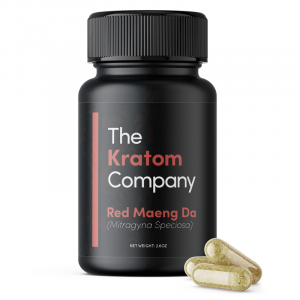 From $24.00Select options This product has multiple variants. The options may be chosen on the product page
From $24.00Select options This product has multiple variants. The options may be chosen on the product page -
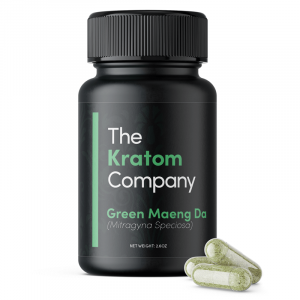 From $24.00Select options This product has multiple variants. The options may be chosen on the product page
From $24.00Select options This product has multiple variants. The options may be chosen on the product page -
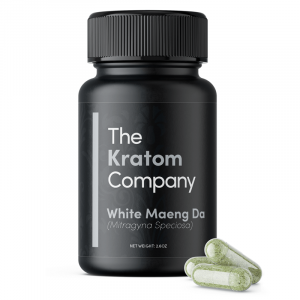 From $24.00Select options This product has multiple variants. The options may be chosen on the product page
From $24.00Select options This product has multiple variants. The options may be chosen on the product page
Explore More Posts
Product Search
Featured Products
-
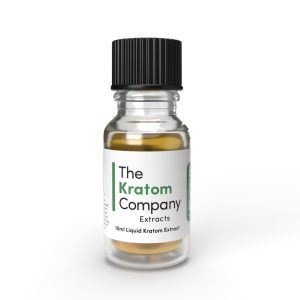 Pure Kratom Liquid Extract
Rated 4.72 out of 5From $20.00
Pure Kratom Liquid Extract
Rated 4.72 out of 5From $20.00 -
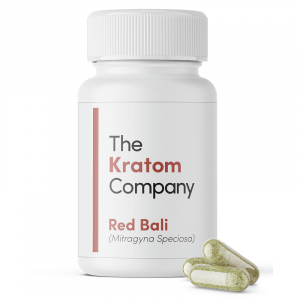 Red Vein Bali Kratom Capsules
Rated 4.70 out of 5From $24.00
Red Vein Bali Kratom Capsules
Rated 4.70 out of 5From $24.00 -
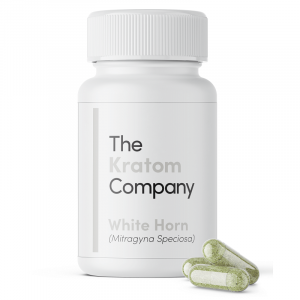 White Horn Kratom Capsules
Rated 4.88 out of 5From $24.00
White Horn Kratom Capsules
Rated 4.88 out of 5From $24.00
Follow Us
Strains
Blogs
NEWSLETTER
Sign up for our newsletter!

These statements and products presented on this website have not been evaluated by the Food and Drug Administration FDA. The products mentioned on this website are not intended to diagnose, prevent, treat or cure any diseases or health conditions. Therefore any information on this website is presented solely as the opinions of their respective authors who do not claim in any way shape or form to be medical professionals providing medical advice. The KRTM Company and its owners or employees cannot be held responsible for, and will not be liable for the inaccuracy or application of any information whatsoever herein provided. By purchasing our products you agree that you are aware and in compliance with your local county, state, or federal regulations. Must be 21 years or older to purchase Kratom. The US FDA has not approved kratom as a dietary supplement. We do not ship to the following states, cities and counties in the US where Kratom is banned: Alabama, Arkansas, Indiana, Rhode Island, Vermont, Wisconsin, Sarasota County, FL, Union County, MS, Denver, CO, San Diego, CA, and Jerseyville, IL.

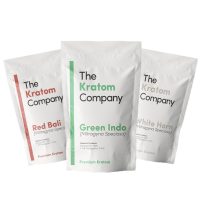




This Post Has One Comment
So grateful for kratom research. Seems to be the only thing standing between regulation and the current situation. Keep spreading the message, this movement needs all the help it can get!!